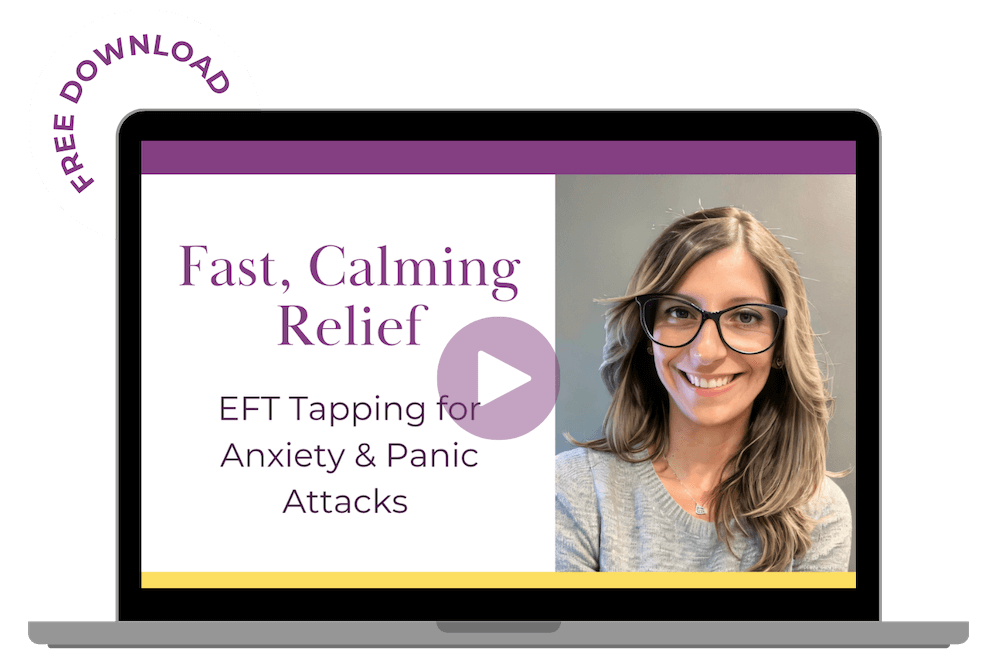Panic attacks can infiltrate the quietest moments of our existence, particularly at night, transforming what should be a restful respite into a time of heightened anxiety and fear. The stillness of the night can often amplify the distressing symptoms of panic attacks, leaving individuals feeling isolated and desperate for relief. This blog post aims to provide nurturing guidance and practical strategies for managing panic attack symptoms at night, woven together with statistics, facts, and deeply personal stories.
Understanding the Impact
- The Prevalence of Nighttime Panic Attacks: Studies suggest that panic attacks during the night affect a significant portion of individuals with panic disorder. The exact occurrence is hard to quantify, but awareness and reports of such experiences are increasing.
- The Physiology of Nighttime Attacks: Nighttime panic attacks are not merely bad dreams but are intense, physiologically driven responses that can jolt a person awake from sleep. They can be as severe as daytime attacks and require similar strategies for management and intervention.
Personal Stories of Resilience
- Jamie’s Silent Nights: For Jamie, a graphic designer who faces the challenge of nighttime panic attacks, the solution came through creating a pre-sleep routine that included meditation, journaling, and a no-screens policy an hour before bed. “Acknowledging my anxiety and not fighting it made a huge difference,” Jamie reflects.
- Taylor’s Tale: Taylor, an elementary school teacher, shares the importance of a support system—her partner learned to gently wake and comfort her during these episodes. “Knowing I’m not alone in those terrifying moments helps me feel safer.”
Strategies for Quiet Nights
Creating a Calming Pre-Sleep Routine:
- Engage in relaxation techniques such as deep breathing or guided imagery.
- Avoid stimulants and heavy meals before bed.
Adapting Your Sleep Environment:
- Ensure your bedroom is a calming space, use comfortable bedding, and reduce noise and light pollution.
Professional and Self-Help Strategies:
- Seek Professional Guidance: A therapist can offer cognitive-behavioral strategies tailored to nighttime anxiety.
- Practice Mindfulness and Meditation: These practices can help shift your focus from anxious thoughts to a state of calm.
- Stay Grounded in Reality: Reassure yourself that you are safe, and the symptoms will pass.
Building a Support Network:
- Share your experiences with friends or loved ones who can offer empathy and support during difficult times.
In Conclusion
Nighttime panic attacks can make the silence of the night seem ominous, but it’s important to remember that you are not alone in this struggle. By adopting practical coping mechanisms, seeking professional advice, and leaning on the strength of personal stories of resilience, you can find peace and manage your symptoms more effectively. Remember, it’s okay to seek help, and taking steps towards understanding and managing your panic attacks is a profound act of self-compassion. Together, we can face the night not with fear, but with a hopeful heart, knowing that peace is possible.







